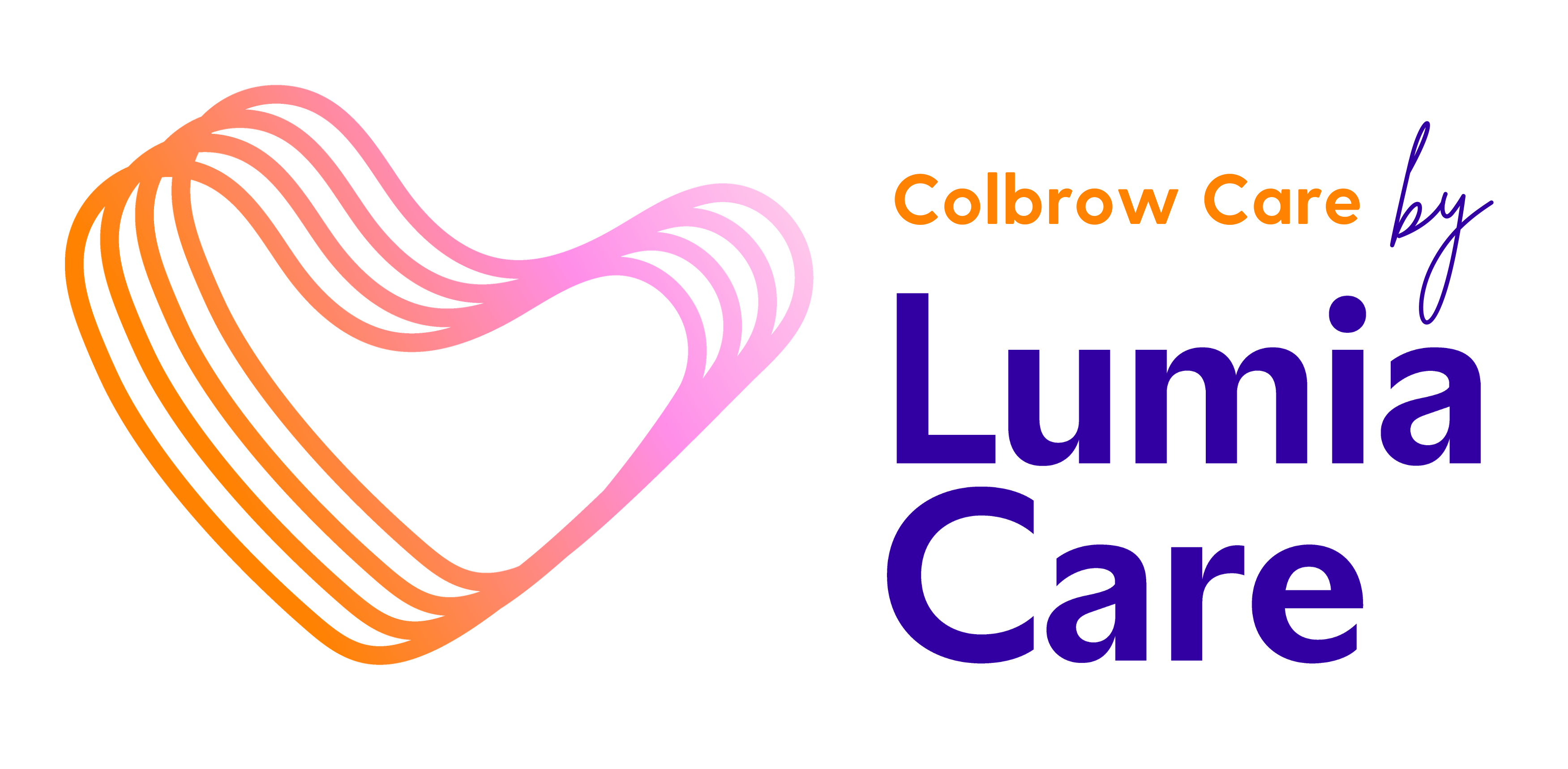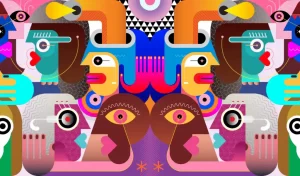Neurodevelopmental disorders
Neurodevelopmental disorders are a group of conditions that affect the development of the brain and nervous system. They typically manifest in early childhood and can have a significant impact on an individual’s social, cognitive, and behavioural functioning.
Examples of neurodevelopmental disorders include autism spectrum disorder (ASD), attention-deficit hyperactivity disorder (ADHD), intellectual disability, learning disorders such as dyslexia, dysgraphia, dyscalculia, communication disorders such as stuttering, movement disorders such as dyspraxia and tic disorders such as Tourette’s syndrome.
These disorders are believed to be caused by a combination of genetic and environmental factors, and they can vary widely in their severity and presentation. For example, some individuals with ASD may have difficulty with social interaction and communication, while others may have sensory sensitivities or engage in repetitive behaviours. As the saying goes, “If you’ve met one person with autism, you’ve met one person with autism”.
Diagnosis of neurodevelopmental disorders typically involves a comprehensive evaluation by a healthcare professional or specialist, including a review of the individual’s medical and developmental history, observation of their behaviour, and standardised testing. The majority of neurodevelopmental conditions are diagnosed in early childhood, however there is an increasing number of people being diagnosed later in life due to a better understanding of some conditions and often after they have experienced the diagnosis of a child or close family member.
Treatment and management of neurodevelopmental disorders often involves a combination of therapies, such as behavioural interventions, medication, and educational support. Early intervention is particularly important for these disorders, as it can improve outcomes and quality of life for affected individuals.
Neurodiversity in Australia
Neurodiversity is a concept that recognises and values the natural variations in how people’s brains work. It emphasises that there is no one “normal” way for the brain to function, and that all neurological differences should be respected and accommodated.
In the late 1990s, Australian sociologist Judy Singer coined the term “neurodiversity” to refer to the boundless neuro-cognitive differences among individuals. Singer realised that, just as we have unique features such as fingerprints and eyes, we also possess different types of brains, and as a result, we all have our own unique strengths, weaknesses, and interpretations of experiences.
Singer defined neurodiversity as:
– a state of nature to be respected
Judy Singer 2020
– an analytical tool for examining social issues
– an argument for the conservation and facilitation of human diversity”
In the Australian context, neurodiversity has gained increasing recognition and acceptance in recent years, particularly in relation to autism, ADHD, dyslexia, and other neurological conditions.
The medical model of disability describes disability as having some type of deficit. The medical model wants to ‘treat’ and ‘cure’ differences. Neurodiversity however, is aligned with the social model of disability: a belief that disability stems from a society that doesn’t appropriately accommodate varying needs. Impairment should not be a barrier to inclusion or access, and an individual does not need to be “normal” to enjoy the full range of human experience.
Neurodiversity in Australia has been embraced and gained acceptance by many individuals, organisations, and communities as a means to combat discrimination and stigma against those with neurological differences, and to promote their inclusion and acceptance in society. By challenging stereotypes and confronting misconceptions about neurological differences, we can celebrate neurodiversity in Australia. We can utilise these differences and concentrate on ability, rather than “dis”ability.
As NDIS approved providers, Colbrow Care deliver (dis)ability support services to help participants reach their goals. Whether you want greater community participation, help with gaining more independence in your activities of daily living, or access to allied health services we are committed to helping you live your best life. As NDIS approved providers, we understand the importance of inclusion and connection within your community.
If you would like to have an NDIS approved provider celebrate your uniqueness, call one of our friendly team members today on 1300 33 11 03!










